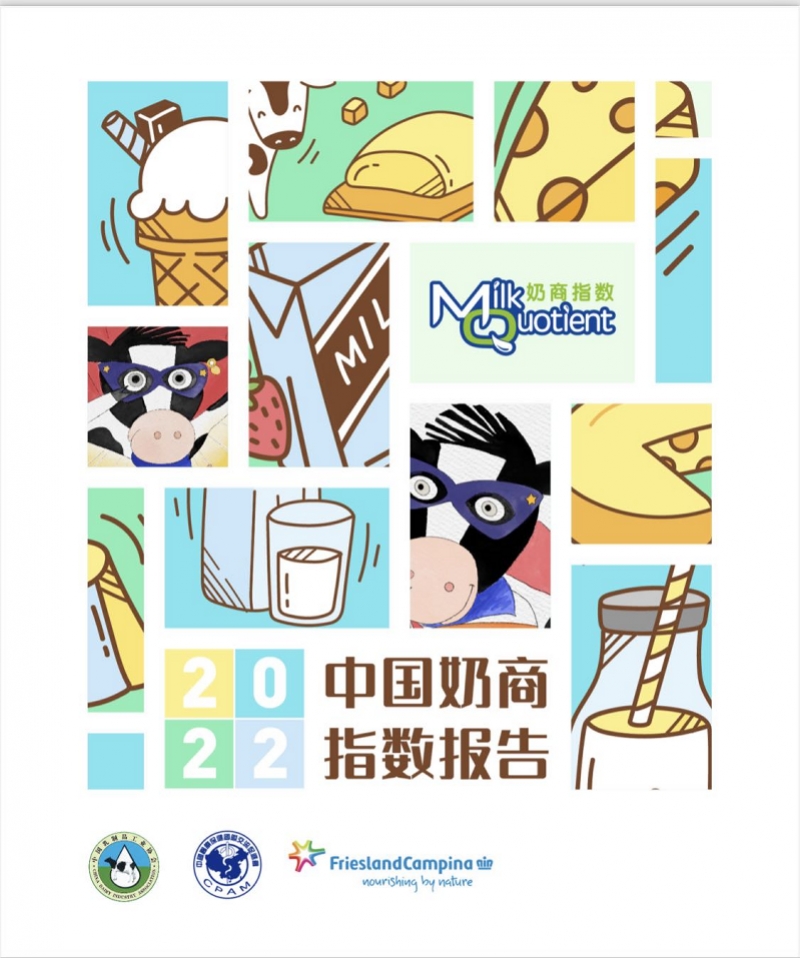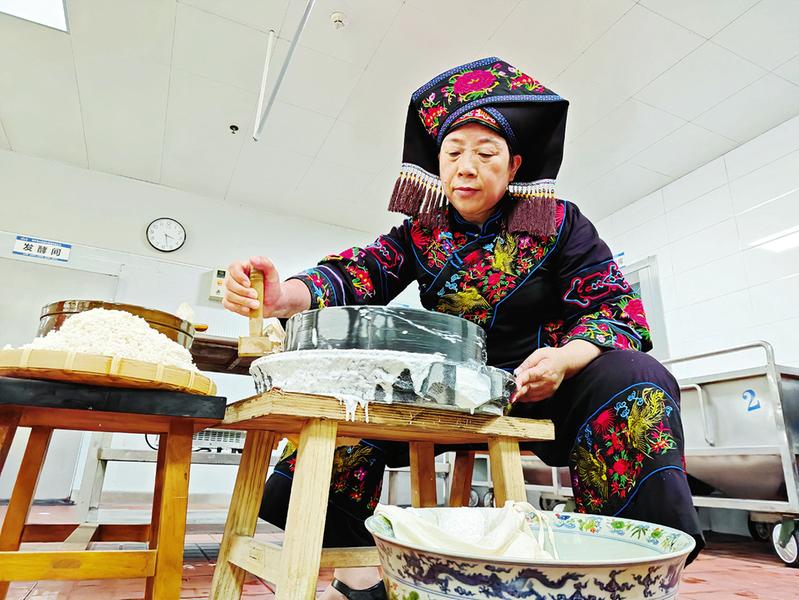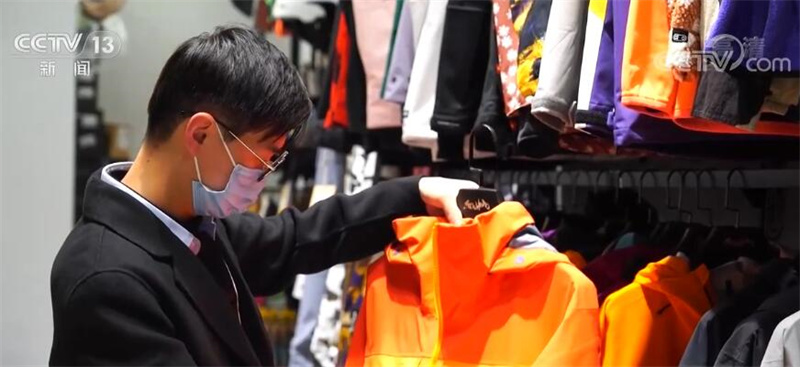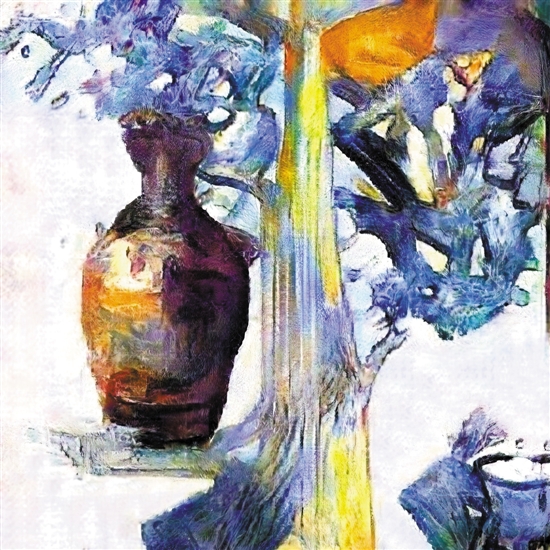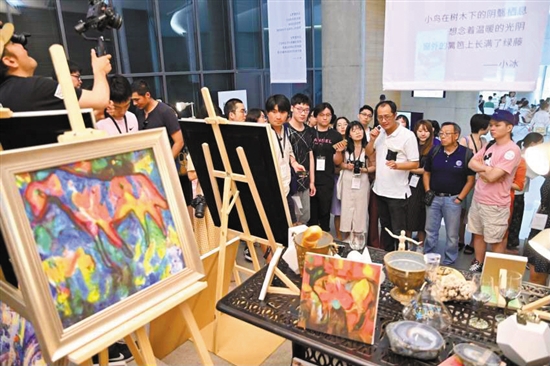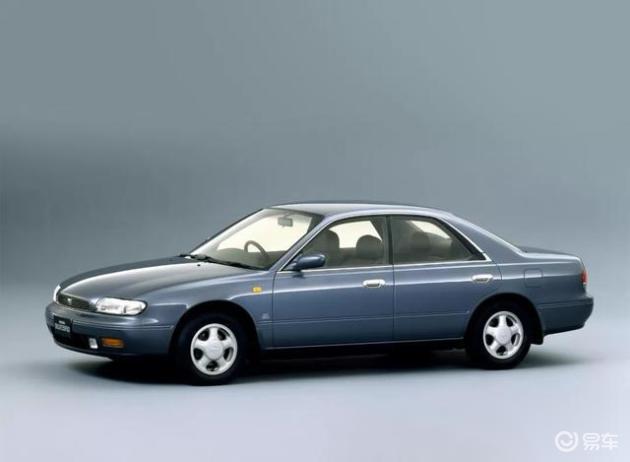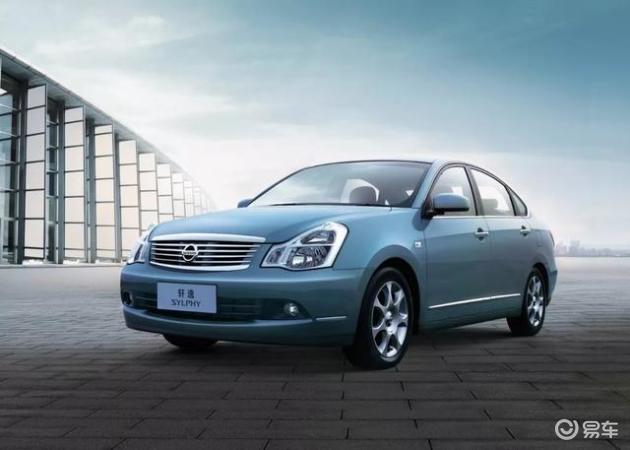Beijing Zhengban Fa [2018] No.37
District People’s governments, municipal government commissions, offices and bureaus, and municipal institutions:
With the consent of the municipal government, the Beijing Action Plan for Accelerating Collaborative Innovation of Medical Health (2018-2020) is hereby printed and distributed to you, please conscientiously implement it according to the actual situation.
General Office of Beijing Municipal People’s Government
September 27, 2018
Beijing Action Plan for Accelerating Collaborative Innovation of Medical Health (2018-2020)
This action plan is formulated in order to thoroughly implement the State Council’s decision-making and deployment on promoting the healthy development of the pharmaceutical industry, conscientiously implement the Guiding Opinions of Beijing Municipality on Accelerating the Development of the Pharmaceutical and Health Industry through Scientific and Technological Innovation, further promote the high-quality development of the pharmaceutical and health industry in this city, and accelerate the construction of the collaborative innovation system of Industry-University-Research.
I. General requirements
(A) the guiding ideology
Comprehensively and thoroughly study and implement the spirit of the 19th National Congress of the Communist Party of China, take Socialism with Chinese characteristics Thought of the Supreme Leader in the New Era as the guide, conscientiously implement the spirit of the important speech delivered by the General Secretary of the Supreme Leader to Beijing, adhere to the new development concept, give full play to the advantages of science and technology and talents in the capital, follow the law of scientific and technological innovation and industrial development in medicine and health, aim at bottlenecks and common needs, and focus on key areas such as frontier technologies in life sciences, emerging industries where doctors and workers cross, and sophisticated pharmaceutical industries. Efforts will be made to deepen the reform of institutional mechanisms, gather innovative elements, strengthen collaborative innovation, optimize the business environment, and continuously improve the level of medical health innovation and development, providing strong support for building a national science and technology innovation center, building a sophisticated economic structure, and promoting high-quality development.
(2) Basic principles
Adhere to the problem orientation. Grasp the key links such as basic research, transformation of achievements and industrialization, deeply analyze the key and difficult problems faced by medical health innovation and development, make precise efforts, make comprehensive policies, fill shortcomings, strive to break down institutional and institutional obstacles, and effectively solve the "stuck neck" problem that restricts development.
Pay attention to original innovation. Grasp the frontier development trend of life science and biotechnology, focus on the research and development of innovative drugs and high-end medical devices, take universities and research institutes as the source of innovation, increase the intensity of basic research, strengthen the output of original achievements, and enhance the ability of independent innovation.
Strengthen collaborative transformation. Give full play to the advantages of innovative resources, especially medical innovative resources, and carry out collaborative research with major clinical application needs as the traction; Actively guide medical institutions to strengthen cooperation with enterprises, smooth the channels for the transformation of scientific research achievements of medical institutions, realize the collaborative innovation of Industry-University-Research medical institutions, and effectively promote the transformation of achievements.
Promote high-end development. Accelerate industrial transformation and upgrading, vigorously promote the integration of medical health with artificial intelligence and big data technology, actively cultivate emerging formats, and provide new kinetic energy for industrial development; Intensify efforts to guide the gathering of various international innovation factors, actively promote the extension of industrial value chain to the high end, and optimize the construction of high-end industrial system.
(3) Development goals
By 2020, we will introduce and cultivate a number of world-class innovation teams and a number of key enterprises with strong independent innovation capabilities, and the original innovation capabilities will continue to lead the country; The professional incubation ability has been significantly improved, and the transformation system of scientific and technological achievements has become more sound; The innovation system and mechanism of medical institutions have been further improved, the level of clinical research has been greatly improved, and the spillover effect of medical resources has been significantly enhanced; The industrial policy has been further refined, the industrial elements have been further concentrated, the industrial environment has been further optimized, and the Industry-University-Research medical collaborative innovation system has taken shape; The scale of the industry has further expanded, with an additional development space of about 10 square kilometers, and the main business income has reached 250 billion yuan.
Second, the key tasks
(A) to strengthen basic research and achievements transformation, enhance innovation ability.
1. Increase support in key areas. In some frontier areas, new R&D institutions will be built, and at the same time, a number of scientific apparatus will be laid out to support the cultivation of original innovation achievements and accelerate the breakthrough of frontier technologies. Formulate a catalogue of key directions for collaborative innovation and development of medical health in Beijing, focus on supporting basic research such as stem cells and regenerative medicine, brain science and brain-like medicine, structural biology, synthetic biology and protein omics, promote the development of technologies such as immunotherapy, gene detection and new sequencing, multimodal and cross-scale biomedical imaging, and promote the development of innovative drugs, high-end medical devices, and the integration of medical health with artificial intelligence and big data technology. (Responsible unit: Municipal Science and Technology Commission, Municipal Health and Family Planning Commission)
2. Strengthen the professional incubation capacity building. Improve the incubation capacity of professional incubators in Beijing Economic and Technological Development Zone, Haidian District and Daxing District, and strengthen comprehensive services such as evaluation and consultation, intellectual property rights, law and finance. Pilot the construction of professional incubators in Zhongguancun Life Science Park and other parks, and select international operation management institutions; Actively promote the pilot experience and build a number of professional incubators in the concentrated areas of colleges and universities, research institutes and medical institutions. (Responsible units: Municipal Science and Technology Commission, Zhongguancun Management Committee, Municipal Education Commission, Beijing Economic and Technological Development Zone Management Committee and relevant district governments)
3. Accelerate the upgrading and construction of Zhongguancun Life Science Park. Establish the strategic steering committee of Zhongguancun Life Science Park, and improve the management structure and working mechanism of the park. Optimize and upgrade the service functions of Zhongguancun Life Science Park in the first and second phases, and start the planning and construction of the third phase. Introduce international park management service team, third-party R&D and production service enterprises, professional intermediaries, social capital and other supporting elements, actively create a world-class innovation and development environment in line with international standards, and strive to make Zhongguancun Life Science Park a professional park with global influence, providing strong support for strengthening original innovation in the field of medicine and health. (Responsible units: Zhongguancun Management Committee, Municipal Science and Technology Commission, Haidian District Government, Changping District Government, Zhongguancun Development Group)
(B) improve the level of clinical research, play a spillover effect.
4. Improve the level of clinical research and experiment. Further speed up the layout of the national and Beijing clinical medical research centers and give full play to their leading role in clinical research. Adopt the co-construction mode of medical institutions, universities, scientific research institutes and enterprises, introduce an international operation management team, pilot the construction of independent clinical trial hospitals, and actively explore the sustainable operation mechanism. Support tertiary medical institutions to set up research wards to carry out high-level clinical medical research; On the basis of the existing drug clinical trial institutions, explore the establishment of clinical trial collaborative network in various ways to solve the problem of insufficient resources such as clinical trial beds in tertiary medical institutions and effectively support the needs of clinical trials. (Responsible units: Municipal Health and Family Planning Commission, Municipal Science and Technology Commission, Municipal Finance Bureau, Municipal Food and Drug Administration, Municipal Hospital Administration, Zhongguancun Administrative Committee, Beijing Economic and Technological Development Zone Administrative Committee, Changping District Government, Haidian District Government)
5. Optimize the system and mechanism of scientific and technological innovation in medical institutions. Promote the transformation of clinical trials and results as an important basis for the performance evaluation of medical institutions and the evaluation of personnel titles. We will adjust and improve the post setting of medical institutions, the pricing of scientific and technological achievements, the distribution of income disposal, and the exemption of key management personnel from due diligence, and issue detailed rules for the implementation of medical institutions to encourage scientific and technological innovation and the transfer and transformation of achievements. Improve the construction standards of scientific research houses in medical institutions, and ensure the scientific research land of medical institutions undertaking clinical trials. (Responsible units: Municipal Health and Family Planning Commission, Municipal Development and Reform Commission, Municipal Planning and Land Commission, Municipal Finance Bureau, Municipal Hospital Administration, Municipal Human Resources and Social Security Bureau, Beijing Economic and Technological Development Zone Administrative Committee and relevant district governments)
6. Guide medical institutions to accelerate the transformation of results. Strengthen the collaboration between medical institutions and enterprises, and explore the establishment of a collaborative innovation research institute for medical health to promote the transformation of scientific and technological achievements. Explore the establishment of medical health innovation and transformation funds by medical institutions, joint ventures, social capital, industrial technology alliances, etc., to support medical science and technology innovation and transformation of achievements. (Responsible units: Municipal Health and Family Planning Commission, Municipal Hospital Administration, Municipal Science and Technology Commission, Municipal Finance Bureau)
7. Promote the co-construction and sharing of medical and health data. On the basis of the clinical data and sample database of major diseases in Beijing, we will build a unified, open and shared biological sample database, a health big data center and a digital clinical research network in the city to promote the standardization of clinical medical data and the open interoperability of inter-hospital data. (Responsible units: Municipal Health and Family Planning Commission, Municipal Hospital Administration, Municipal Science and Technology Commission, Municipal Economic Information Commission)
(C) focus on cultivating key enterprises to enhance core competitiveness
8. Strengthen the overall service of key enterprises. Strengthen the follow-up service for key enterprises, keep abreast of the development trends and needs of enterprises, strengthen departmental linkage and policy integration, and solve the problems encountered by enterprises in the process of R&D, production and operation in a timely manner by means of "one enterprise, one policy, one thing and one discussion". (Responsible units: Municipal Science and Technology Commission, Municipal Economic Information Commission, Municipal Health and Family Planning Commission, Zhongguancun Management Committee, Beijing Economic and Technological Development Zone Management Committee, Municipal Food and Drug Administration, Municipal Human Resources and Social Security Bureau, Municipal Finance Bureau)
9. Promote the innovation and development of R&D enterprises. Study and establish a green channel for the approval of innovative varieties, and coordinate and accelerate clinical trials; After the varieties are mature, we will support R&D enterprises to develop into production-research integration enterprises, build high-end product production lines, and promote the transformation and large-scale production in Beijing. (Responsible units: Municipal Science and Technology Commission, Municipal Economic Information Commission, Municipal Food and Drug Administration, Beijing Economic and Technological Development Zone Administrative Committee, and relevant district governments)
10. Support production enterprises to become stronger and bigger. In terms of production line upgrading, scale expansion of listed varieties, secondary development of key varieties, international market expansion, listing financing and mergers and acquisitions, we will increase support to promote enterprises to continuously enhance their core competitiveness. (Responsible units: Municipal Economic Information Commission, Municipal Science and Technology Commission, Municipal Finance Bureau, Zhongguancun Management Committee)
11. Strengthen third-party R&D and production services. Introduce high-end service-oriented institutions or teams at home and abroad, and encourage the construction of third-party R&D service platforms and OEM service platforms that meet international standards; Strengthen policy guidance, provide support for international certification of platform technical standards and quality specifications, and ensure supporting conditions such as capital, land and factory buildings. (Responsible units: Municipal Economic Information Commission, Municipal Science and Technology Commission, Zhongguancun Management Committee, Municipal Finance Bureau and Municipal Environmental Protection Bureau)
12. Accelerate the establishment of production and professional service platforms. In Haidian District and Changping District, a thousand-liter pilot service platform for biopharmaceuticals will be built to meet the demand for commissioned production of scientific research samples and clinical trials of innovative subjects. In Beijing Economic and Technological Development Zone, relying on professional service enterprises with strong existing technical strength and complete software and hardware conditions, we will build a 100,000-liter biopharmaceutical OEM production service platform to realize the large-scale production of antibody drugs and cell therapy drugs. (Responsible units: Municipal Science and Technology Commission, Municipal Economic Information Commission, Zhongguancun Management Committee, Municipal Environmental Protection Bureau, Beijing Economic and Technological Development Zone Management Committee and relevant district governments)
13. Support the development of multinational companies in Beijing. Make full use of the international cooperation channels of universities and research institutes, actively connect with the world’s top medical and health multinational companies, and support them to build their headquarters and R&D centers in Beijing. Focusing on the strategic adjustment of R&D centers of multinational companies, we will do a good job in docking services and adopt various cooperation modes to promote talent teams and key projects to land in Beijing. (Responsible units: Municipal Science and Technology Commission, Zhongguancun Management Committee, Municipal Economic Information Commission)
14 to promote the innovation and development of Chinese medicine industry. Relying on the institutions of higher learning and scientific research institutes in the field of traditional Chinese medicine in this city, we will promote the integration of traditional Chinese medicine theory and modern science, strengthen the construction of modern technology platforms such as the design and optimization of traditional Chinese medicine and the system control of pharmaceutical process, and further increase the research and development and transformation of classic prescriptions of traditional Chinese medicine and in-hospital preparations. Give play to the leading role of leading enterprises in innovation, strengthen the research and development of new Chinese medicine and the secondary development of large varieties of Chinese medicine. Support Chinese medicine enterprises to use standardized, automated and intelligent technologies to transform and upgrade traditional processes, and give full play to the preventive and therapeutic effects of Chinese medicine on major chronic diseases, difficult diseases and senile diseases. (Responsible units: Municipal Administration of Traditional Chinese Medicine, Municipal Science and Technology Commission, Municipal Economic Information Commission)
(D) Improve industrial development factors and optimize the business environment.
15. Promote the development of industrial agglomeration. The relevant areas that list the medical and health industry as the leading industry should make strategic plans for industrial development as soon as possible, make clear the new space and speed up the industrial layout. The northern part (Haidian District and Changping District) should give full play to the scientific research advantages of Zhongguancun Science City in basic research and cutting-edge technology of medicine and health, and form a strong support for industrial development; In the southern part (Beijing Economic and Technological Development Zone and Daxing District), in the planning and utilization of land space, we should strengthen the guarantee for the development of medical and health industry, guide the centralized layout of enterprises and projects, and further enhance the advantages of high-end manufacturing agglomeration. (Responsible units: Municipal Economic Information Commission, Municipal Development and Reform Commission, Municipal Planning and Land Commission, Zhongguancun Management Committee, Municipal Environmental Protection Bureau, Beijing Economic and Technological Development Zone Management Committee, relevant district governments and Zhongguancun Development Group)
16. Optimize the service system of the park. Strengthen the evaluation of medical and health professional parks, further clarify the functional orientation of parks, and strengthen the planning and service system construction of parks. R&D parks should strengthen the construction of soft environment, build investment and financing platforms, one-stop comprehensive service platforms and international exchange and cooperation platforms, and create an open and shared academic environment; Manufacturing parks should rationally arrange industrial space, speed up "changing cages for birds", build a service platform for OEM production, and strengthen the professional service capacity building of parks. Actively hold industrial forums and academic activities with international influence to build a platform for investors, scientists and entrepreneurs to communicate. Further improve the service level of the "one-stop" public service platform for entry and exit inspection and quarantine of special articles and biological materials of animal and plant origin in Zhongguancun Life Science Park and the "biochemical reagent Centralized Supervision Platform for Entry and Exit" of Zhongguancun International biochemical reagent Logistics Center in Beijing Economic and Technological Development Zone, and improve customs clearance efficiency. (Responsible units: Zhongguancun Management Committee, Municipal Economic Informatization Committee, Beijing Economic and Technological Development Zone Management Committee, relevant district governments and Zhongguancun Development Group)
17. Encourage the procurement and application of innovative products. Study and formulate evaluation and screening standards and identification procedures for innovative products of medical health, form a catalogue of new technologies and new products (services) in the field of medical health, and promote their inclusion in policy support systems such as government procurement and popularization and application. Municipal medical institutions set up a rapid evaluation and approval system for the procurement of innovative products on a pilot basis, and encourage the procurement of products in the catalogue of new technologies and new products (services) in the field of medicine and health. Conscientiously implement the Opinions of the General Office of the State Council on Improving the National Essential Drug System (Guo Ban Fa [2018] No.88), and actively promote the inclusion of innovative products and drugs that have passed the consistency evaluation in the national and municipal essential drug lists. (Responsible units: Municipal Science and Technology Commission, Municipal Health and Family Planning Commission, Municipal Food and Drug Administration, Zhongguancun Management Committee, Municipal Economic Information Commission, Municipal Finance Bureau, Municipal Hospital Administration, Municipal Human Resources and Social Security Bureau)
18. Optimize the price management methods of new medical services. Deepen the reform of medical service price, speed up the formulation of detailed rules for the implementation of price management of new medical service items in public medical institutions in this Municipality, explore the implementation of dynamic management, and speed up the evaluation of new diagnosis and treatment technologies and products with strong innovation and high clinical application value when approving new medical service charges. (Responsible unit: Municipal Health and Family Planning Commission, Municipal Development and Reform Commission)
19. Accelerate the implementation of the drug listing license holder system. According to the requirements of the State Council on the pilot system of drug marketing license holders, we will speed up the formulation of implementation plans from the aspects of review, approval, supervision and management, further encourage drug innovation and improve drug quality. (Responsible units: Municipal Food and Drug Administration, Zhongguancun Management Committee)
20. Increase innovation incentives. Relevant areas with the medical and health industry as the leading industry should study and introduce measures to give corresponding incentives to enterprises whose main business income reaches a certain scale for the first time, whose major innovative varieties are first approved for listing in China or approved for listing in European and American countries, and whose generic drugs pass the consistency evaluation. (Responsible units: Municipal Economic Information Commission, Zhongguancun Administrative Committee, Municipal Food and Drug Administration, Beijing Economic and Technological Development Zone Administrative Committee and relevant district governments)
Third, safeguard measures
(1) Strengthen overall coordination. Establish a joint meeting system, regularly consult and dispatch, coordinate and promote the collaborative innovation of medical health in this city, coordinate and solve key and difficult problems in industrial development in a timely manner, and ensure the effective implementation of the action plan. Set up an expert steering Committee to provide advice on the organization and implementation of the action plan.
(2) Pay close attention to the implementation of tasks. Relevant municipal departments and relevant district governments should conscientiously perform their duties, formulate supporting policies and measures and refine the implementation plan in light of the actual situation. The municipal government authorizes Beijing Economic and Technological Development Zone, Haidian District, Daxing District and Changping District to independently decide on individual projects with total government support of less than 1 billion yuan. Establish a dynamic assessment system, include the completion of the action plan in the assessment index system of relevant departments and districts, strengthen inspection and evaluation, and promote the implementation of the action plan.
(3) Strengthen talent support. Select top talents and teams with international influence, and provide continuous and stable support through the establishment of Beijing Medical Health Frontier Innovation Project. Give full play to the role of various talent training platforms, and strive to train a group of high-quality and high-level management talents with international vision. Strengthen the service of top talents and teams in the field of medicine and health, and do a good job in supporting medical care, education and housing.
(4) Do a good job in ensuring funds. Focus on innovative drugs, high-end medical devices, and original innovations in the fields of medical health, artificial intelligence, and big data technology, and increase financial investment at the urban level. Relying on Beijing Science and Technology Innovation Fund to set up sub-funds in the field of medicine and health, attract social capital to participate, and actively support innovative projects at different stages. Strengthen investment and financing services such as listing, mergers and acquisitions, and broaden financing channels for enterprises.
